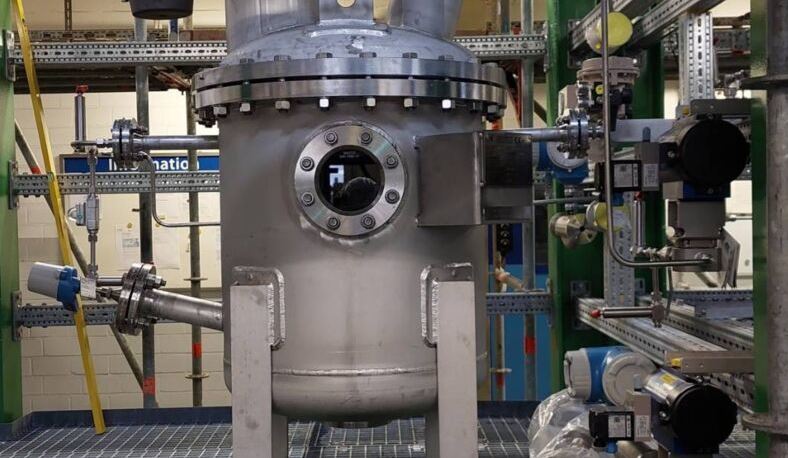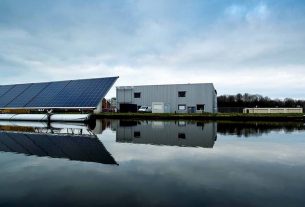Germany – The Macbeth technology project, aimed at revolutionizing large-scale chemical reactions to enhance energy efficiency, is making significant progress and has received a positive interim evaluation from the EU Commission.
This ambitious project, coordinated by Evonik and launched in 2020, focuses on the development of reactors that utilize membranes and catalysts to improve processes like hydroformylation. By surpassing economic and technological hurdles, Macbeth strives to contribute to the European Green Deal and drive sustainability in industrial processes.
The auditors appointed by the EU Commission conducted a thorough evaluation of the project’s progress, shortly after the commencement of the demonstration plant construction in Marl. They expressed their satisfaction with the project’s management and ambitious goals. Annette Juhr, an assessor and professor of process engineering at Beuth University in Berlin, praised the enthusiasm and dedication of the project leaders and partners involved in Macbeth.
Focus on sustainability
With sustainability as a central focus, Macbeth aims to reduce greenhouse gas emissions from crucial industrial processes by up to 35%. Additionally, it strives to achieve resource and energy efficiency improvements of up to 70%. These substantial advancements align with the European Green Deal’s objectives. Recognizing Macbeth’s potential, the German Federal Ministry of Education and Research included the project in a brochure highlighting ten successful initiatives funded under the Horizon 2020 framework program.
Hydroformylation
Professor Dr. Robert Franke, project coordinator of Macbeth and head of hydroformylation research at Evonik, highlights the project’s success in advancing the implementation of catalytic membrane reactors. This groundbreaking technology holds the potential to revolutionize the industry. The completion of the demonstration plant is scheduled for Q3 2023, marking a significant milestone in the project’s journey.
Hydroformylation, a key focus of Macbeth, involves the conversion of unsaturated hydrocarbons (olefins) into aldehydes using synthesis gas—a mixture of hydrogen and carbon monoxide. Aldehydes serve as vital intermediates in the production of higher alcohols, organic acids, or esters, which find applications as plasticizers in plastics or surfactants.
The Macbeth project’s progress signifies a major leap towards sustainable and energy-efficient chemical reactions. By addressing economic and technological challenges, Macbeth brings us closer to a greener future, reducing environmental impact while driving advancements in industrial processes.




